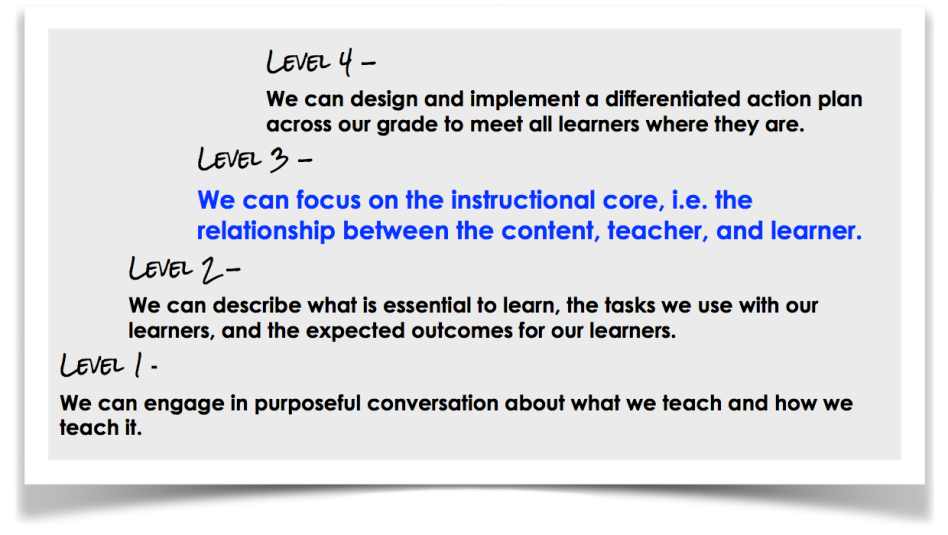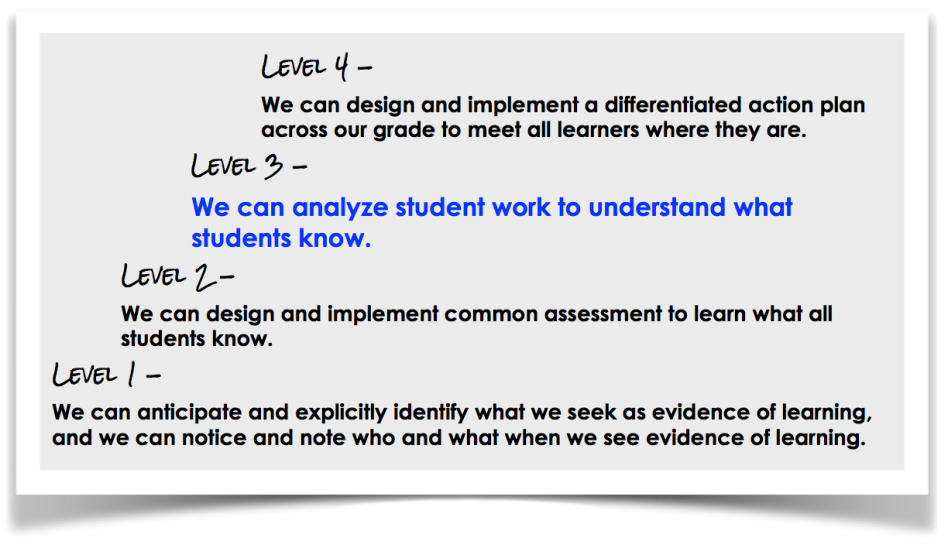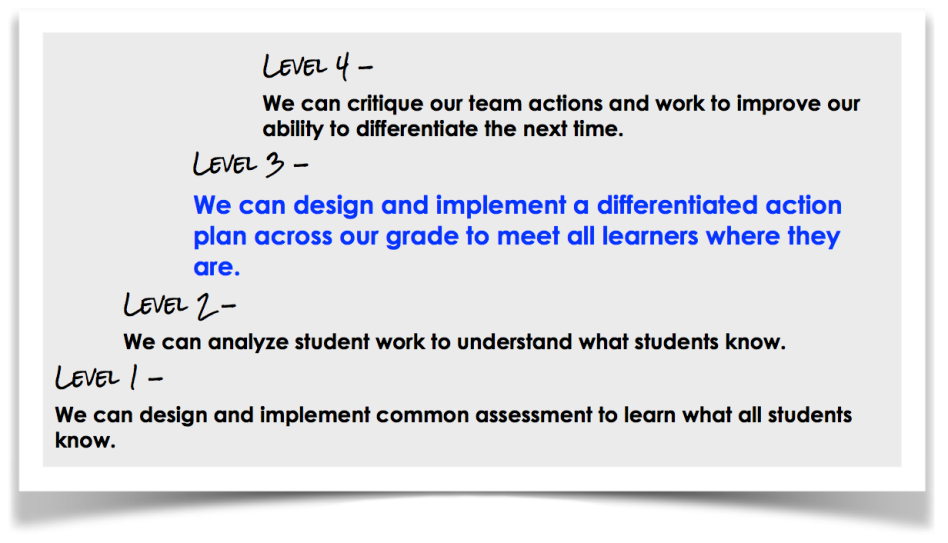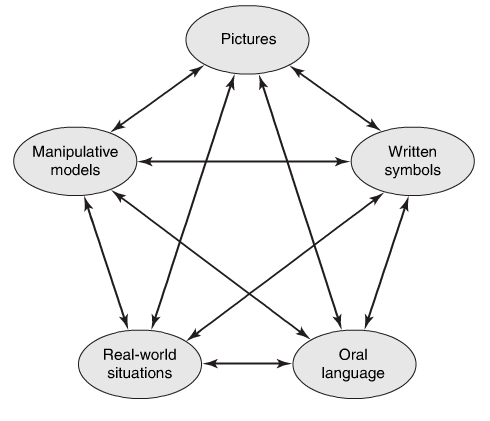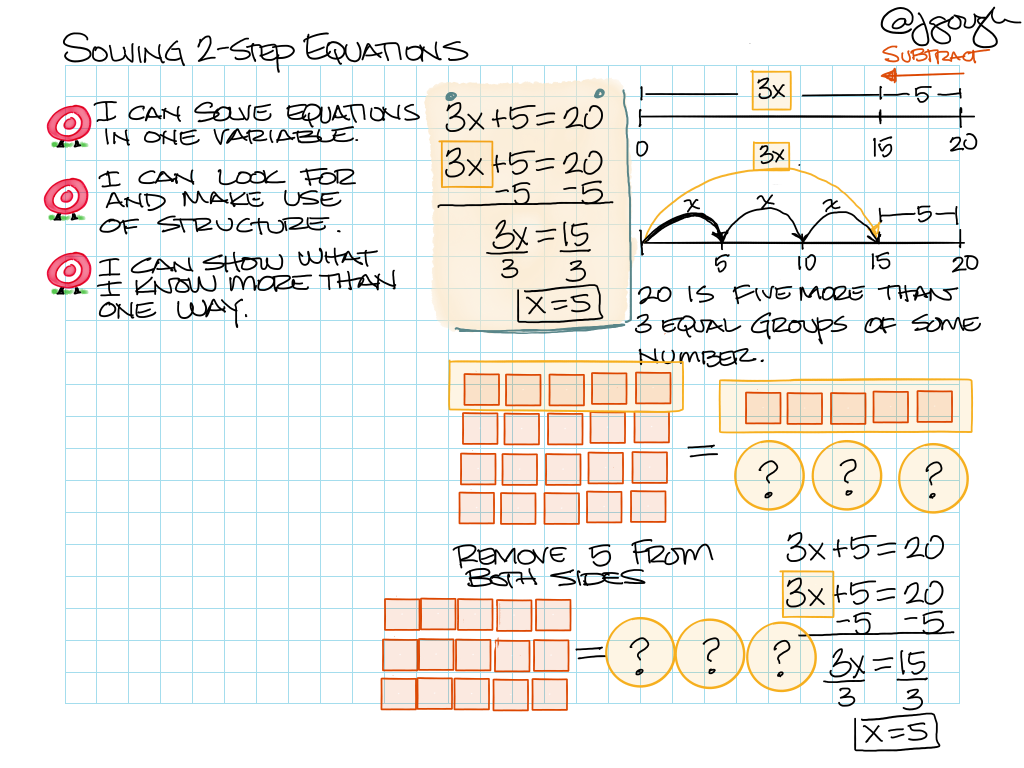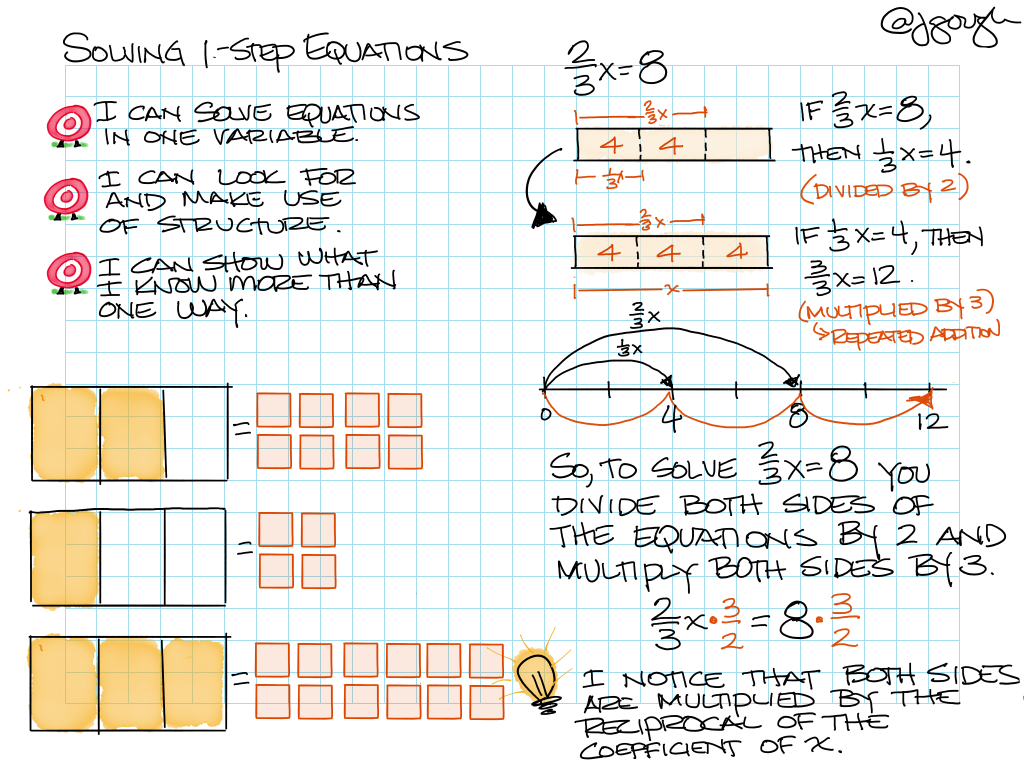Build procedural fluency from conceptual understanding.
Effective teaching of mathematics builds fluency with procedures on a foundation of conceptual understanding so that students, over time, become skillful in using procedures flexibly as they solve contextual and mathematical problems.
Principles to Actions: Ensuring Mathematical Success for All
| 8:00 | 15 min | Homework discussion, Q&A, Problem of the Week |
| 8:15 | 30 min | Strategies and Number Strings |
| 8:45 | 40 min | Minilessons for …
Read, select, and design –
|
| 9:30 | End of session |
Homework:
- Implement Number Strings (high-level demand tasks) to build procedures with connections
- Read:Build procedural fluency from conceptual understanding
- What the Research Says: The Relationship of Understanding and Fluency (pp. 91-92)
- Promoting Equity by Building Procedural Fluency from Conceptual Understanding (pp. 93-95)
Leinwand, Steve. Principles to Actions: Ensuring Mathematical Success for All. Reston, VA.: National Council of Teachers of Mathematics, 2014. (p. 46) Print.
Gough, Jill, and Jennifer Wilson. “#LL2LU Learning Progressions: SMP.” Experiments in Learning by Doing or Easing the Hurry Syndrome. WordPress, 04 Aug. 2014. Web. 11 Mar. 2017.
Gough, Jill, and Kato Nims. “#LL2LU Learning Progressions.” Experiments in Learning by Doing or Colorful Learning. WordPress, 04 Aug. 2014. Web. 11 Mar. 2017.
Smith, Margaret Schwan., et al. Taking Action: Implementing Effective Mathematics Teaching Practices in Grades K-5. The National Council of Teachers of Mathematics, 2017.





